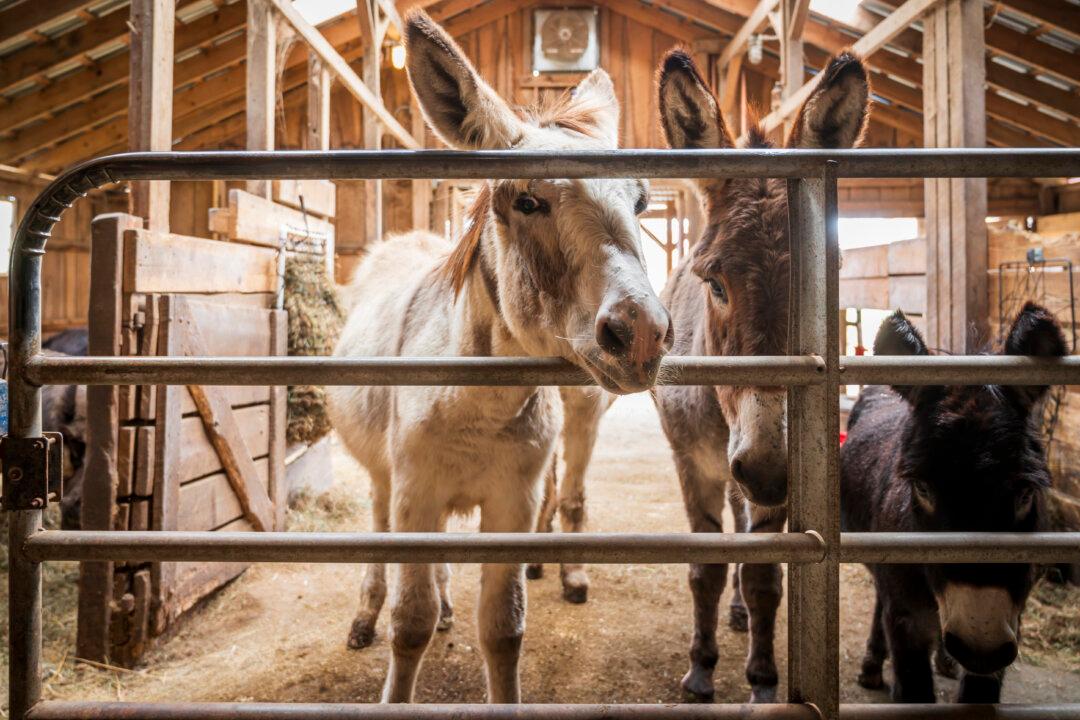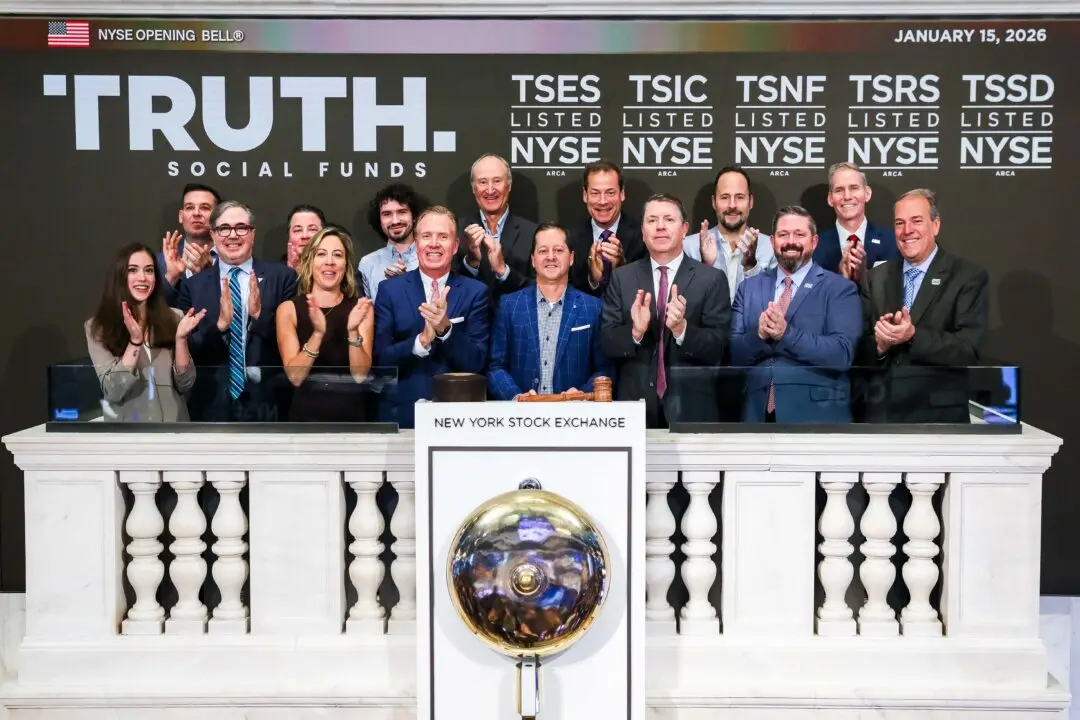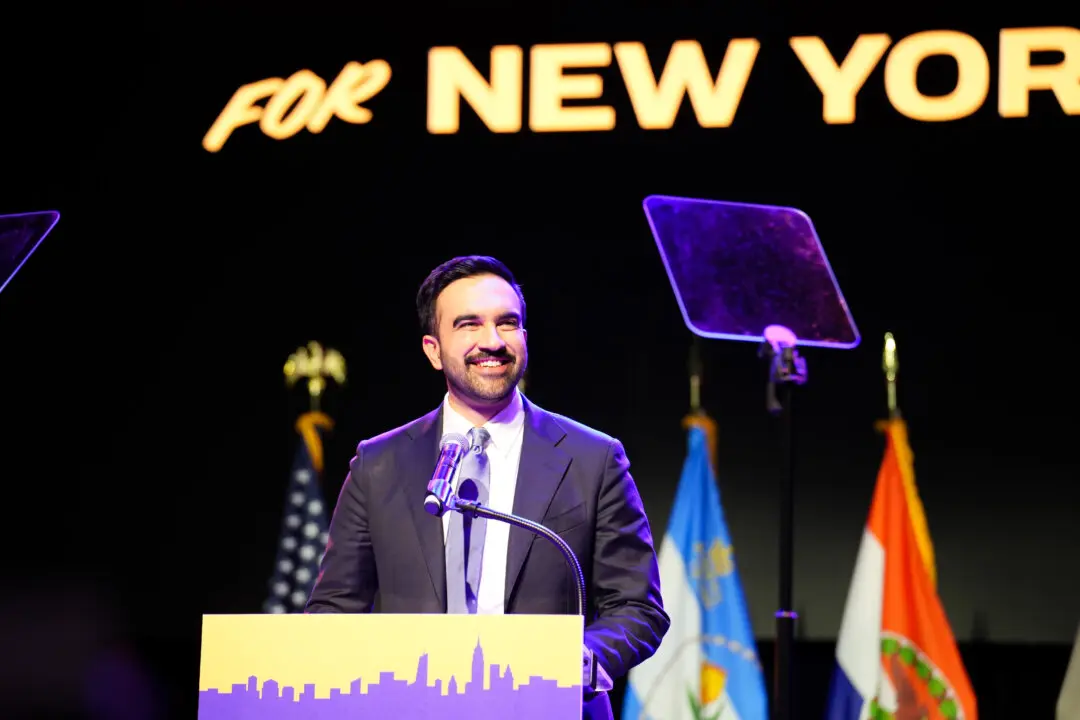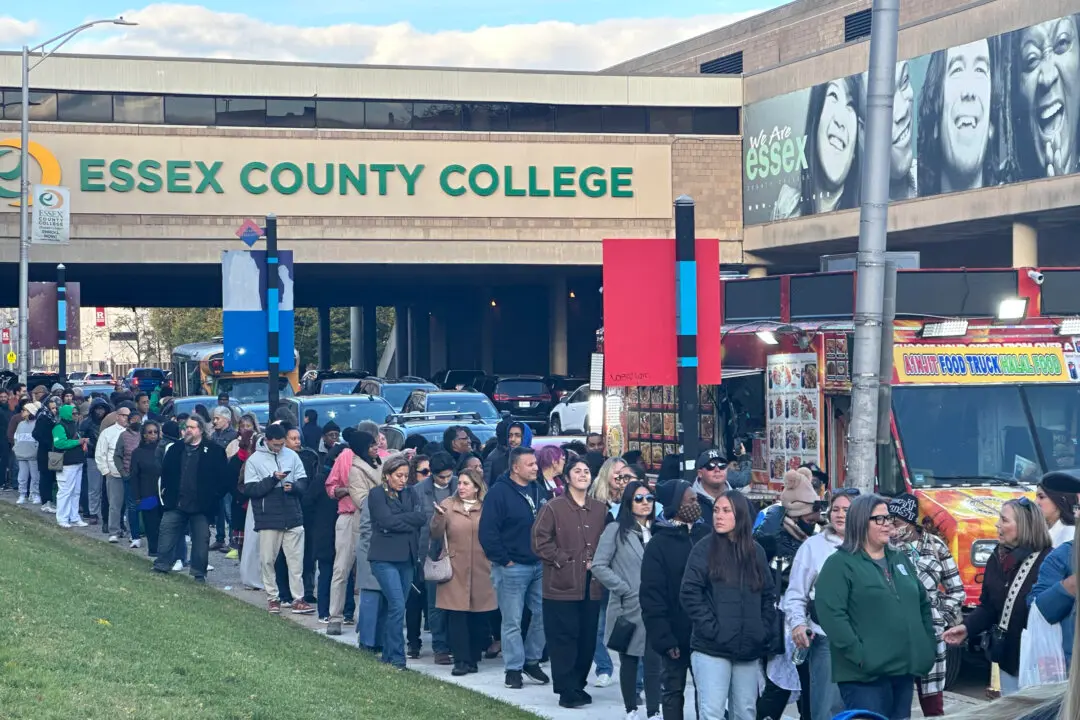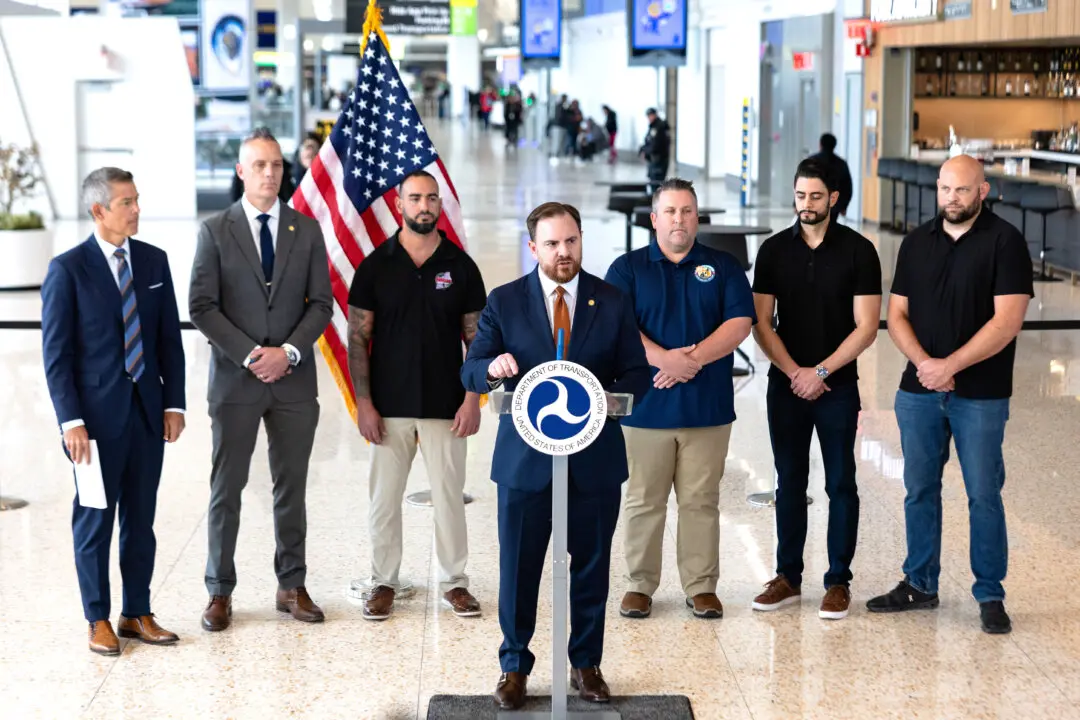When Jennifer Ewald embarked upon adopting her first two donkeys 15 years ago, she did not foresee that it would put her on a path to launch a rescue and sanctuary.
Ewald was so smitten that she founded a 501(c)(3) in Bucks County, Pennsylvania, called The Farmette, where donkeys find safety from kill lots and slaughter houses overseas.

